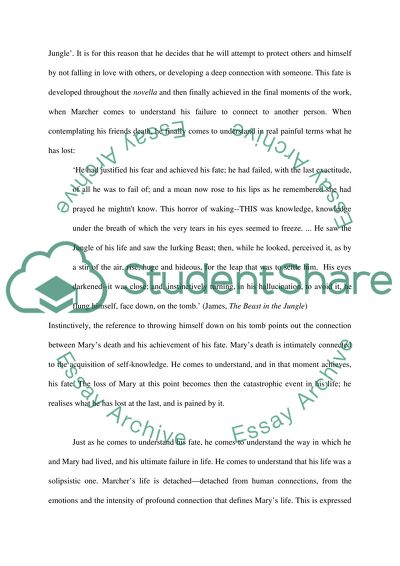Cite this document
(“Thinking about Death Research Paper Example | Topics and Well Written Essays - 2000 words”, n.d.)
Retrieved from https://studentshare.org/english/1437999-thinking-of-death
Retrieved from https://studentshare.org/english/1437999-thinking-of-death
(Thinking about Death Research Paper Example | Topics and Well Written Essays - 2000 Words)
https://studentshare.org/english/1437999-thinking-of-death.
https://studentshare.org/english/1437999-thinking-of-death.
“Thinking about Death Research Paper Example | Topics and Well Written Essays - 2000 Words”, n.d. https://studentshare.org/english/1437999-thinking-of-death.


